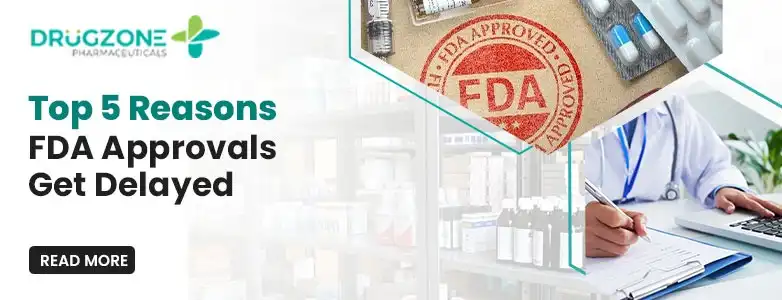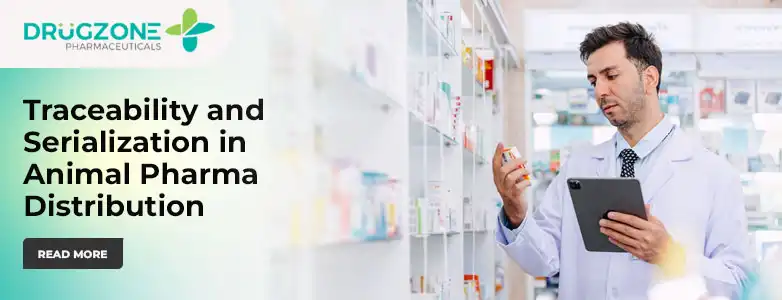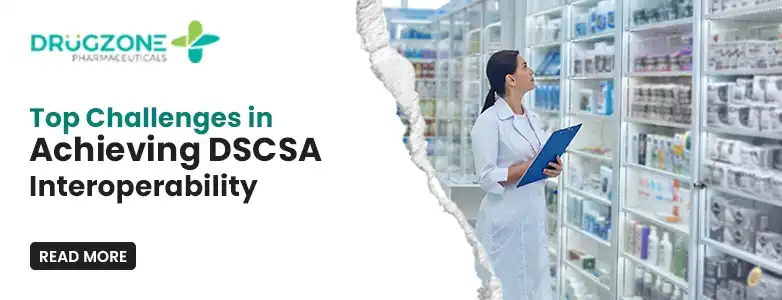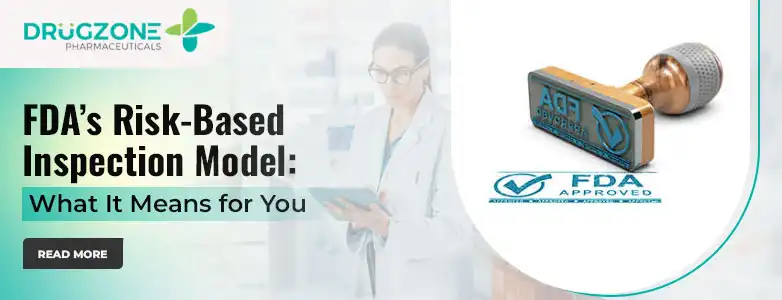
Posted On: March 24, 2025
Five Crucial Trends Facing U.S. Drug Wholesalers in 2025 and Beyond
The pharmaceutical wholesale industry serves as an essential link to enable an effective flow of medicines from manufacturers to health systems to pharmacies and ultimately to patients. The industry is undergoing fundamental change in 2025 because of regulatory shifts, technology innovations, and evolving needs from the market. Staying ahead of these trends is critical to ensure that top pharmaceutical distributors like Drugzone, McKesson, Cardinal Health, and AmerisourceBergen continue to have competitive capabilities.
Importance of Staying Ahead
Wholesalers of drugs are at the center of the healthcare system, yet unpredictable shifts in the industry require fluidity. From compliance, mandates, and sustainability, knowing this and planning new trends is imperative to success.
1. Greater Regulatory Scrutiny
Compliance regulations are getting tougher in the United States, especially with the establishment of the Drug Supply Chain Security Act (DSCSA). With stricter compliance regulations under the DSCSA, top pharmaceutical distributors are enhancing their traceability systems to ensure patient safety and transparency.
- DSCSA Compliance: Wholesalers must have end-to-end traceability of drugs through the supply chain, necessitating investment in sophisticated tracking systems.
- Tighter Reporting Mandates: The FDA has rolled out new disclosure requirements to combat counterfeit medicines and protect patients.
- Effect of New FDA Regulations: Increased supervision will most probably raise the cost of operations but also enhance confidence in drug distribution channels.
2. The Emergence of Specialty Pharmaceuticals
Specialty pharmaceuticals—expensive drugs aimed at treating complicated diseases—are redefining the distribution model.
- Demand growth: Specialty medications currently generate about 30% of wholesale revenues because they are increasingly being used to treat chronic and orphan diseases.
- Cold Chain Logistics Challenges: Numerous specialty pharmaceuticals need to be stored and shipped at controlled temperatures, which makes distribution systems more complicated.
- Increased Competition: Growth fueled by specialty pharmaceuticals means that wholesalers must contend with aggressive competition from manufacturers expanding direct-to-provider arrangements.
3. Digital Development & Automating
Technology is reshaping drug distribution processes into more efficient and precise cycles.
- AI and Blockchain Integration: Artificial intelligence enhances predictive analytics for inventory management, while blockchain provides transparency and security across the supply chain.
- Real-Time Tracking: Advanced tracking technologies allow wholesalers to have complete access to real-time tracking of shipments, allowing wholesalers to streamline delivery times and take full advantage of logistics automation.
- Warehouses that are Automated: Automation and robotics are modernizing warehouse operations, increasing scalability with lower labor costs.
4. Market Consolidation & Competitive Pressures
There is in-depth consolidation occurring in the drug wholesale market, with businesses looking to achieve economies of scale.
- Mergers & Acquisitions: The larger companies, including McKesson and Cardinal Health, are the overarching players in this market consolidation, and many of the mergers and acquisitions ultimately support this consolidation so that these companies can sustain their high growth rates.
- Direct-to-Provider Models: Manufacturers are beginning to sell directly and not through wholesalers to healthcare providers, thereby disrupting your traditional business model.
- Pricing Pressures: Ultimately, it's probable that consolidation can result in tighter margins because if wholesalers are competing for a share of a more concentrated market, they will be competing on price as well.
5. Sustainability & ESG Compliance
Environmental sustainability is now a concern for drug wholesalers as a result of increasing pressure from stakeholders.
- Eco-Friendly Packaging: Companies are embracing sustainable packaging solutions to reduce waste.
- Green Logistics: Investments in carbon footprint reduction projects, for example, electric delivery trucks, are becoming prevalent.
- Stakeholder Expectations: ESG compliance is not a choice anymore; it's a key driver for investor trust and customer loyalty.
FAQs
Q1: In what ways may regulatory adjustments affect U.S. drug wholesalers in 2025?
A1: Regulatory adjustments, such as enhanced DSCSA compliance and FDA regulation, will compel wholesalers to improve transparency, advance tracking systems, and create improved security in the supply chains.
Q2: What is the influence of digital transformation on drug wholesalers?
A2: AI, blockchain, and automation technologies will allow for advances in process automation, on-demand visibility, and measuring overall supply chain effectiveness.
Q3: Why is sustainability evolving to be a key consideration of drug wholesalers?
A3: Growing ESG (Environment, Social, and Governance) mandates and customers' insistence on sustainable practices will require wholesalers to use sustainable packaging options, engage in carbon footprint reduction, and be effective in their use of energy.
Conclusion
By 2025, top pharmaceutical distributors in the United States are at a tipping point. The convergence of regulations, high-consequence products, the dawn of the digital era for commerce, the consolidation of the marketplace, and sustainability are transforming the way traditional pharma wholesalers conduct business.
Recommendations:
- Invest in cutting-edge technologies such as AI and blockchain to optimize supply chain management.
- Develop strong cold chain logistics systems to ensure the effective product delivery of high-consequence products.
- Prioritize ESG programs to align with stakeholders.
- Adapt business models to counteract direct-to-provider competition.
- Enhance compliance and regulatory processes to address and operationalize regulatory changes.
By remaining progressive, drug wholesalers can take advantage of these new frontline trends while being critical transportation connectors in the healthcare supply chain.
Tags
Latest Posts
Similar Posts
-

FDA Guidance on Cell Therapy: Key Takeaways
-

What Is Real-World Evidence (RWE) in the U.S. Clinical Research?
-
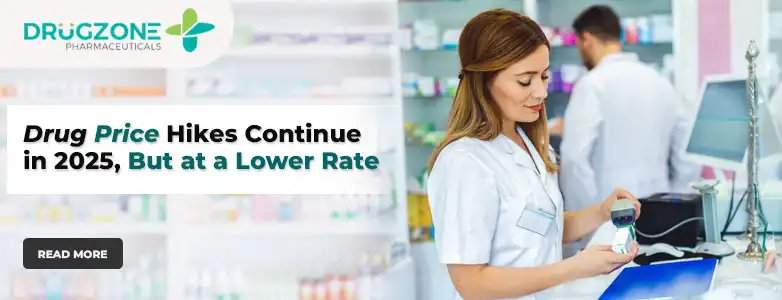
Drug Price Hikes Continue in 2025, But at a Lower Rate
-

How to Choose High-Quality CBD Products: Tips from Experts
-
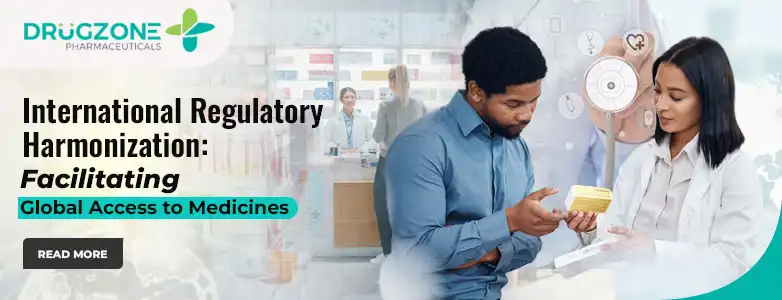
International Regulatory Harmonization: Facilitating Global Access to Medicines

